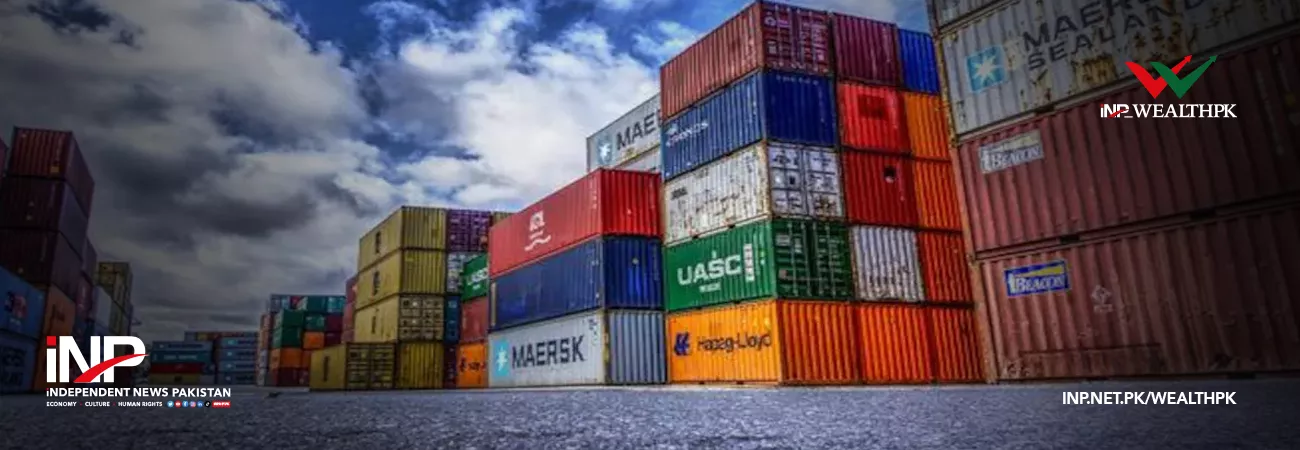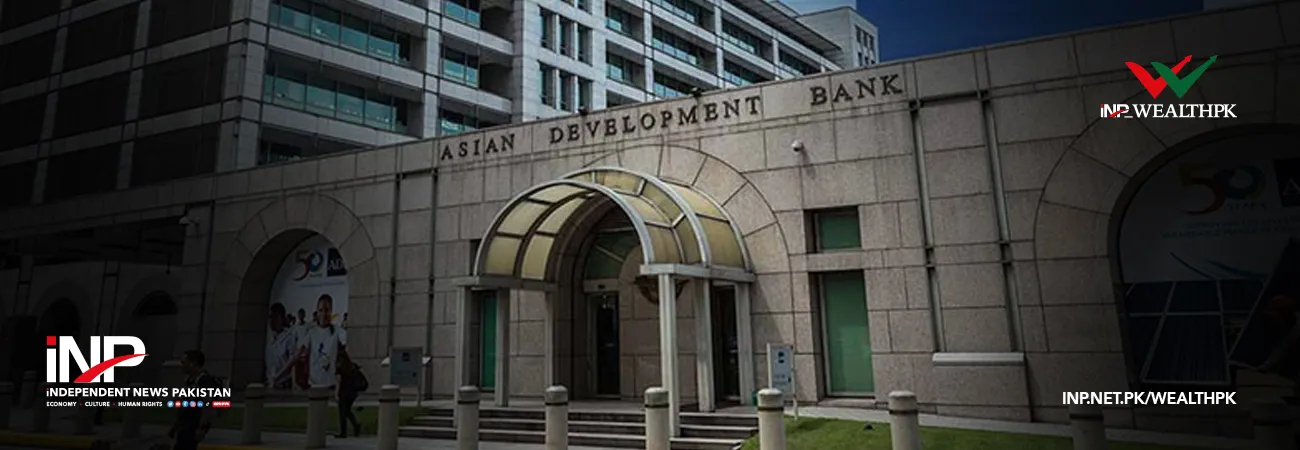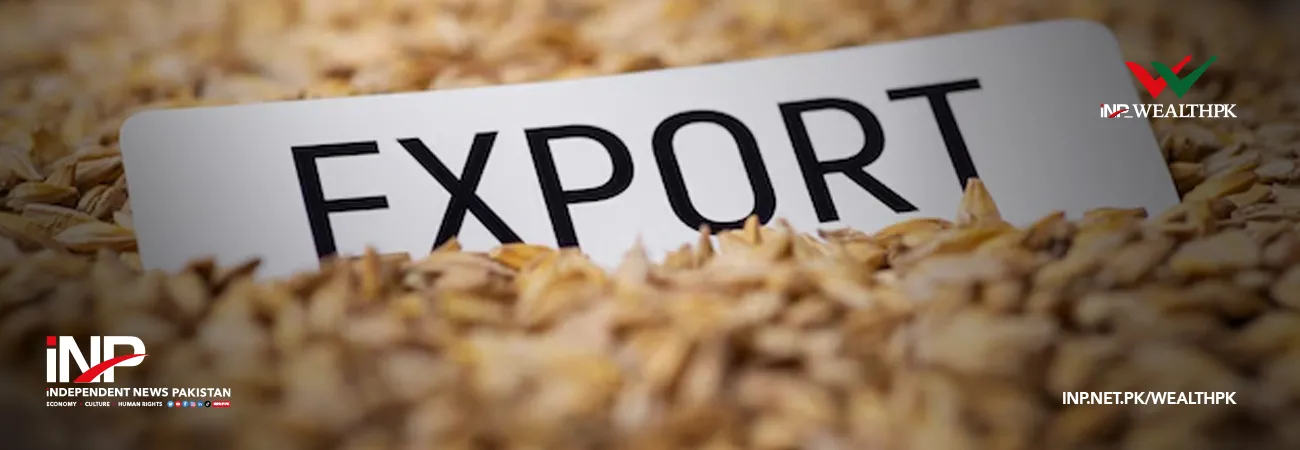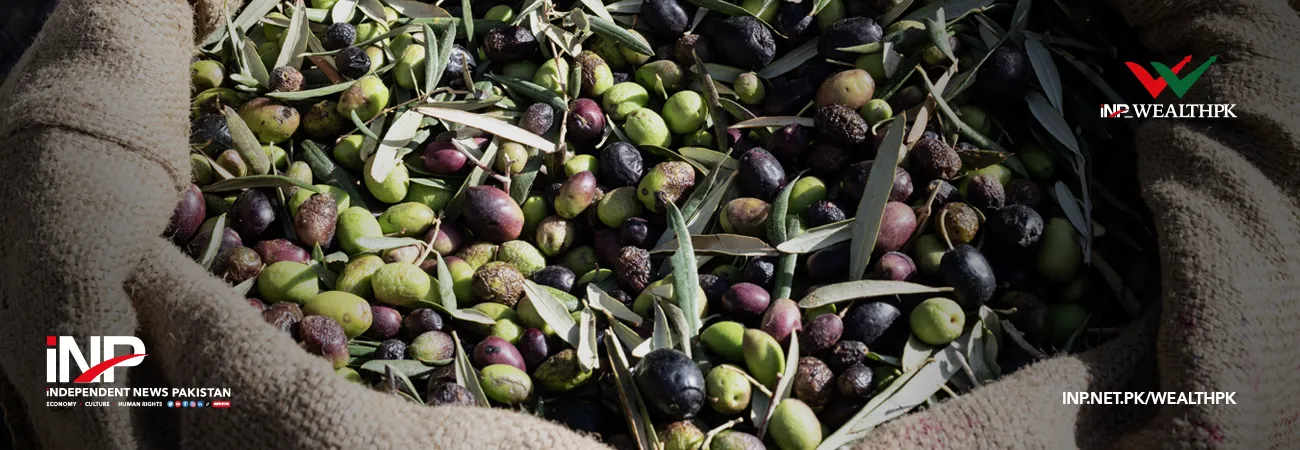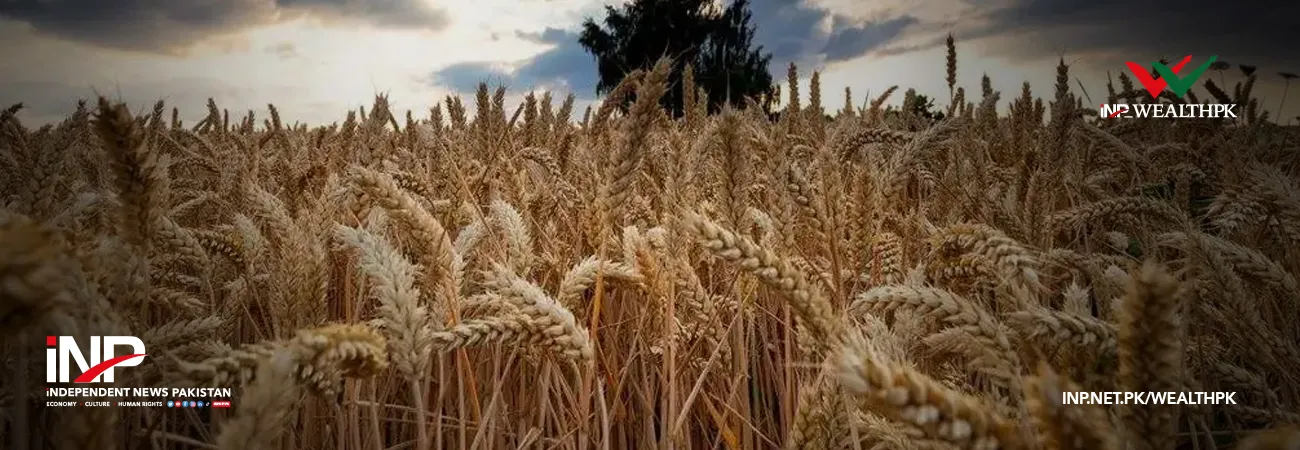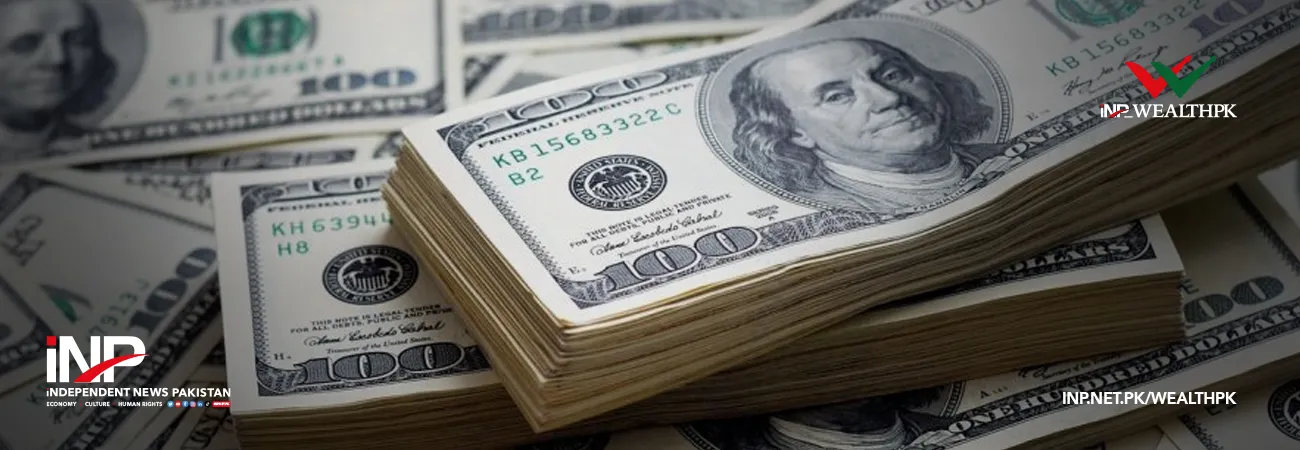INP-WealthPk
Irfan Ahmed
Pakistan’s trade deficit shrunk by a big margin of 30.34% to $14.406 billion in the first five months of the current fiscal year (2022-23), according to the Pakistan Bureau of Statistics (PBS). High taxes on luxury goods (mobile phones, vehicles, etc.), a decrease in global oil prices, and a stable exchange rate, along with an increase in demand for local goods, contributed to shrinking the trade balance, said economic experts.
The country’s exports decreased by 3.48% and remained at $11.932 billion in July-November 2022-23 compared to $12.362 billion in the same period of 2021-22. Imports shrunk by 20.15% in the first five months of the current fiscal year reaching $26.338 billion, down from $32.983 billion in the corresponding period of the previous year.
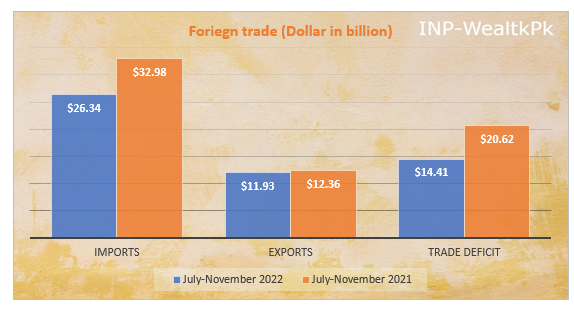
Source: PBS website/WealthPK research
According to the PBS, the country’s trade deficit expanded by 23.59% on month-on-month (MoM) basis to $2.876 billion in November 2022, against $2.327 billion in October 2022. Furthermore, imports increased by 11.34% in November 2022, to $5.245 billion from $4.711 billion in October 2022. On the other hand, exports decreased by 0.63% in November 2022 to $2.369 billion from $2.384 billion in October 2022.
According to economic experts, a decline in the global oil prices has also helped the trade balance, which has eased pressure on the country’s large import bill as a net energy importer. In addition, the Pakistani rupee suffered pressure in November (closing at PKR 223.95/USD against PKR 220/USD on October 22) with an unexpected 100bps hike in the policy rate.
However, on year-on-year (YoY) basis, trade deficit narrowed by 42.46% in November 2022, decreasing to $2.876 billion, down from $4.998 billion in November 2021. On the other hand, exports registered a decrease of 18.34% on YoY basis and jumped from $2.901 billion to $2.369 billion. The country’s imports also decreased 33.60% to $5.245 billion in November 2022 from $7.899 billion in the same month of the last year 2021.
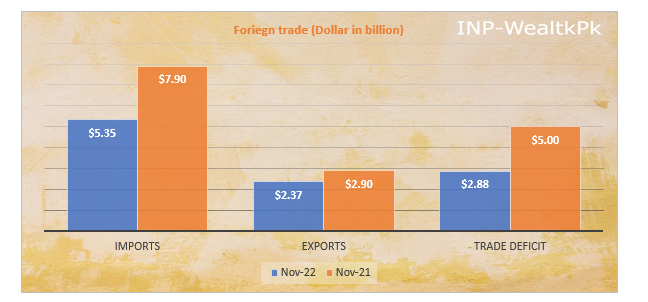
Source: PBS website/WealthPK research
However, in the coming months, it is expected that exports will improve on account of targeted policies announced recently by the government to stimulate exports. But these dynamics may be hindered if the economic conditions in the main export markets remain volatile and uncertain. As a result, the trade balance in goods and services has marginally improved, said experts.
As part of an emergency economic plan to stabilise the national economy, Pakistan has relaxed its business regulations to attract foreign investors, lifted the ban on imports, and increased taxes on luxury commodities. To move the country forward economically, the current government must take steps to reduce its reliance on luxury imports.
Credit : Independent News Pakistan-WealthPk



